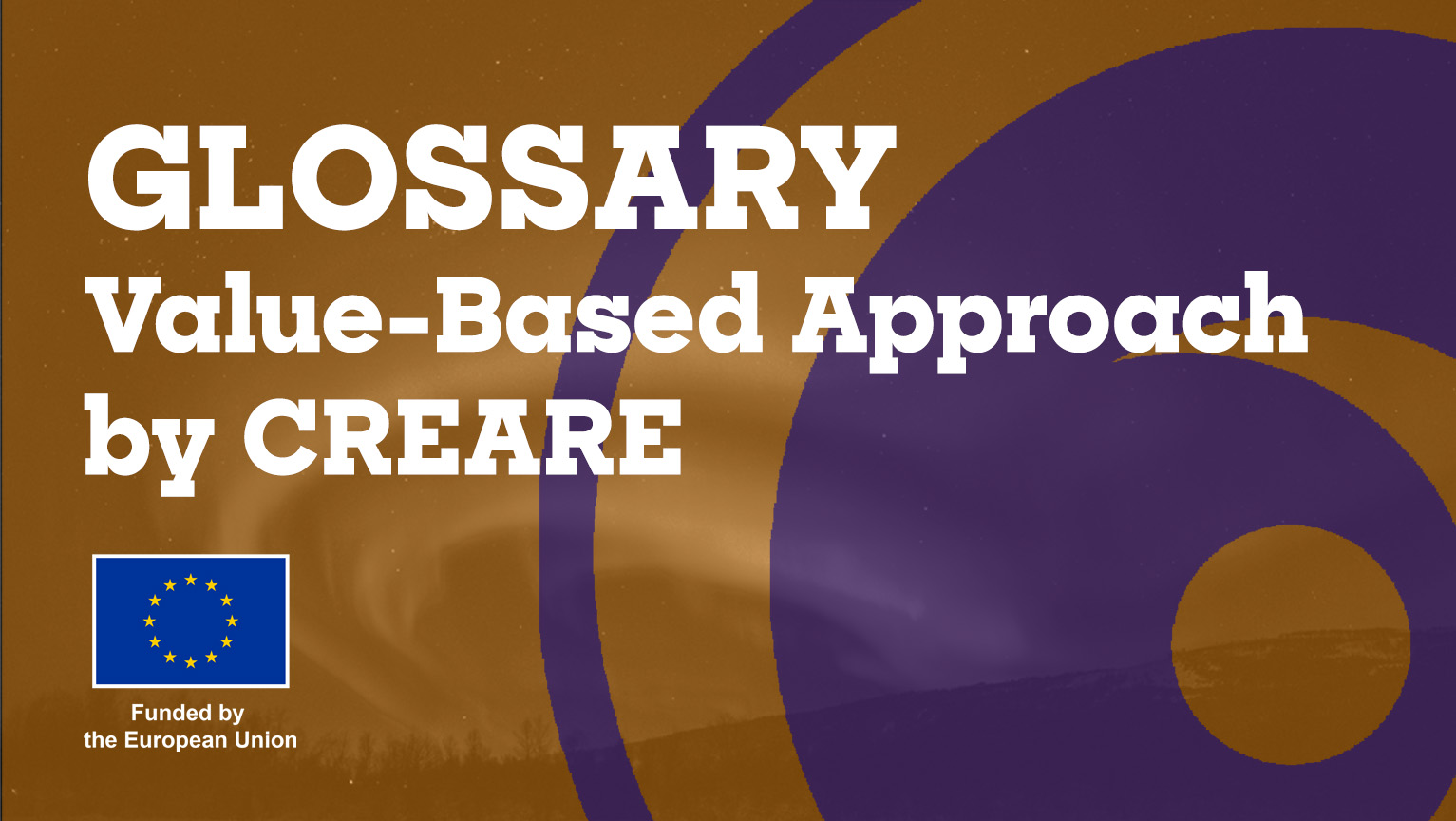
by CREARE
The value-based approach (VBA) is the outcome of about 25 years of research of cultural economists who worked or are still working at the Erasmus University, Rotterdam.
It is inspired and supported by the work of professor Arjo Klamer.
The value-based approach provides an alternative perspective on the economy by stressing qualities, as in the quality of work, the quality of the environment, the quality of society and the quality of a performance.
It connects to other similar approaches developed by economists and social scientists working in the healthcare sector and in the business sector (with attention to “purpose”, social enterprises, social corporate responsibility and so on).
Among its outcomes are the conceptualisation of the process of values realisation, the conceptualisation of the commons as shared practices, a new method of evaluation, directed at qualities and interest in other measurements of welfare.
The value-based approach frames the process of realisation of values in three main stages:
1. Articulation of (shared) values to realise among and between different stakeholders (individuals, organisations, communities) aiming to bring awareness of what drives them;
2. Realisation of values through different strategies and by different stakeholders aiming at reaching mutual adjustments of purposes among various stakeholders and effective undertaking of concrete actions;
3. Evaluation whether the applied strategies support the realisation of the (shared) values aiming at a deeper understanding of the connections between drivers of action and effective outcomes (impact).
VBA adopts participatory framework and its methods allows a process of co-creation between the participants and the researchers. Together we are discussing, probing, and articulating the values (or qualities) that the stakeholders would like to pursue throughout the development and implementation of activities. As such the value – based approach assists individuals, organisations and communities to work and produce together:
1. Map of shared cultural and social values;
2. Map of stakeholders and common practices to realise the shared values;
3. Assessment of cultural and social changes in concrete practices.
Funded by the European Union. Views and opinions expressed are, however, those of the author(s) only and do not necessarily reflect those of the European Union or European Research Executive Agency (REA). Neither the European Union nor the European Research Executive Agency (REA) can be held responsible for them.